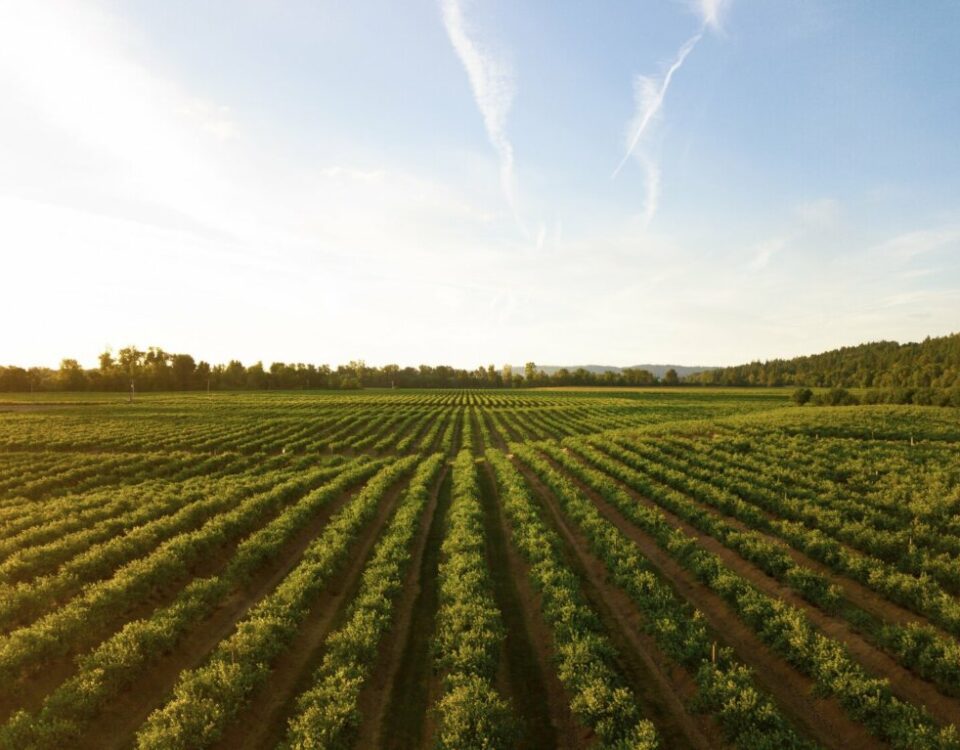Kelp: The Seaweed Helping Tackle Climate Change

Planting trees has long been touted as the answer to reversing climate change. But not as many people know that kelp also plays a monumental role in climate change consulting, saving our planet by sequestering carbon from our oceans and atmosphere.
Just like trees, seaweed uses photosynthesis to grow, turning carbon dioxide into biomass and releasing oxygen back into the air. But kelp stands out as a force against climate change due to the speed at which it grows. Unlike trees which often take decades to mature, kelp can grow more than a foot a day, sucking up vast amounts of carbon in a short space of time. Along with capturing carbon, it also provides an essential habitat for marine life and plays a vital role in reducing the acidity of our oceans.
Furthermore, kelp offers enormous potential in revolutionising the farming industry through the production of kelp-based animal feed. In contrast to traditional crops used to feed livestock such as soy and corn, a kelp-based animal feed can be grown without land, fertilizers or fresh water. When you think that agriculture is the primary driver of deforestation, exhausting 70% of the world’s fresh water supply, it starts to sound like a logical alternative. Amazingly, research has also shown that feeding kelp-based feed to cattle can reduce their methane output by up to 90%.
Whether we’re talking about naturally occurring kelp forests off the coast of Britain or commercial ‘kelp farms’ set up globally, this seaweed is a major player in the fight against climate change.



